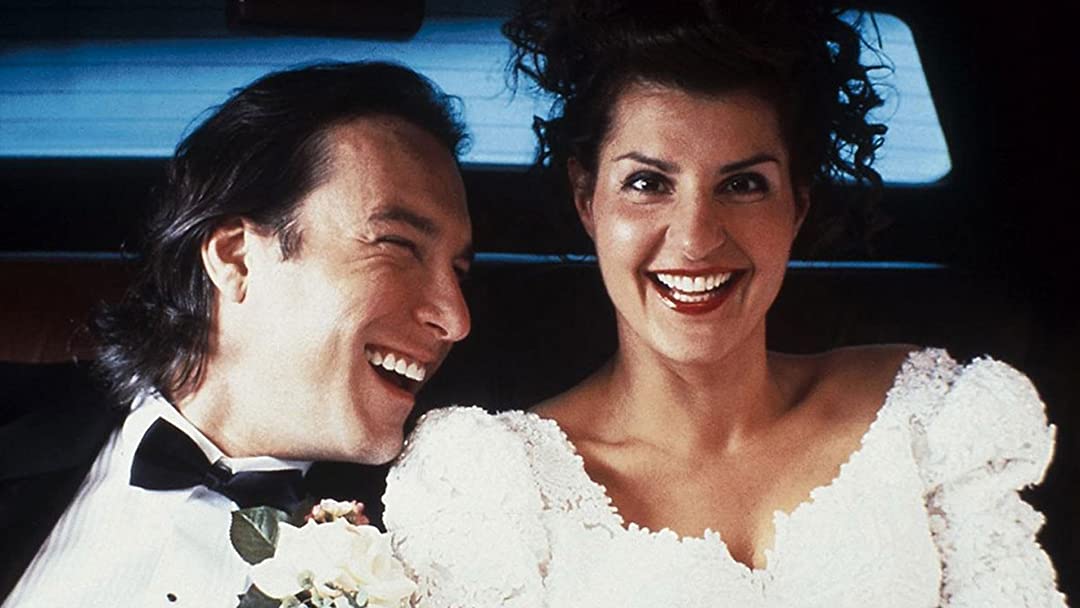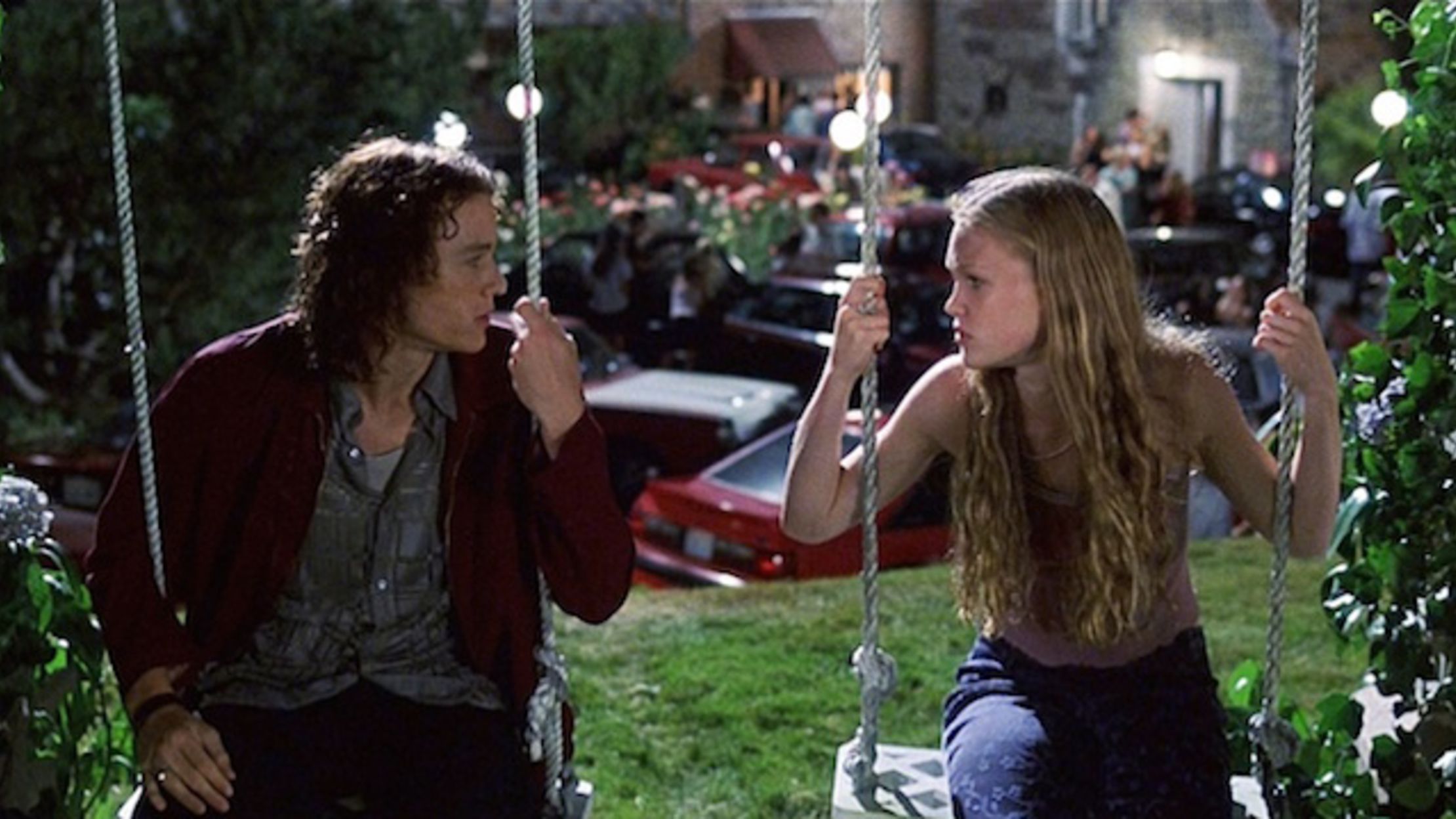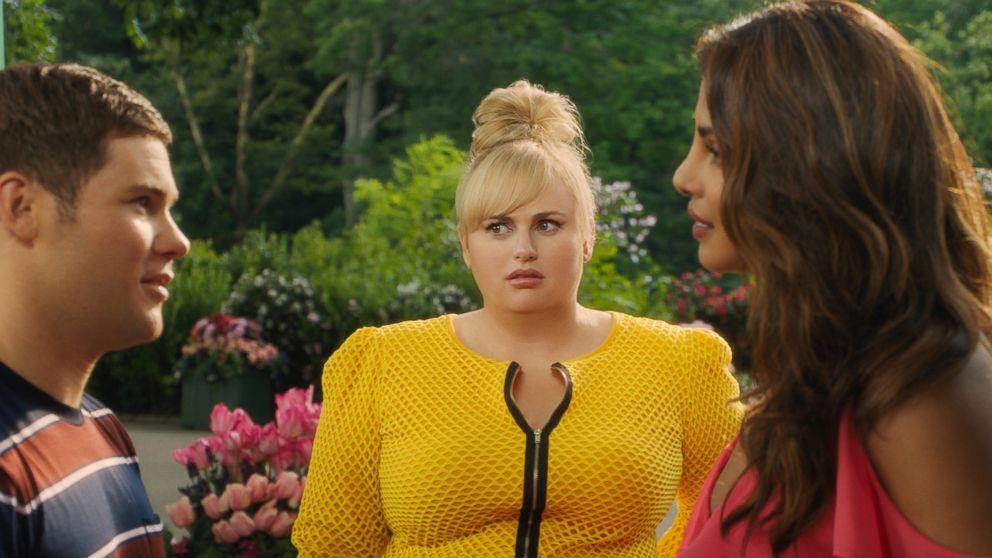The following is a guest post by Mari Edvalson.
Who doesn’t love a good rom-com? Well, I don’t.
It’s not that I hate them, but they don’t particularly fall under my most favorite of movie genres. They aggrandize the unhealthy relationships between people by making light of the intense hard work two people put themselves through to preserve and grow the love between them. It disintegrates the actual time it takes to strengthen bonds from years to a week. Not only that, most rom coms follow a specific formula that is predictable and boring at best. And yet, as I write this, I find myself forgetting the actual purpose of romantic comedies and forget that the aforementioned statements can be applied to ANY movie genre, and that these are, after all, just stories.
At the same time, stories have a viral power to change the viewer’s preconceptions. When it comes to romantic comedies, there is a certain expectation to portray these relationships responsibly, even if in a light manner.
This isn’t to say that there aren’t any good romantic comedies floating about out there. As I researched this, I realized how many of these movies I actually watched growing up. They sucked me in with their false sense of expectations in my significant other and influenced the way I thought about relationships.
It’s interesting how involved you can become with the characters even though these movies don’t particularly, in comparison, gross as much revenue as other genres in the film industry. According to IMDB, My Big Fat Greek Wedding starring Nia Vardalos and John Corbett grossed $241 million and change. Just below that is What Women Want with Mel Gibson and Helen Hunt at only $182 million. It sounds like a lot to you and me but when you compare it to movies like Avengers: End Game, which grossed in the billions of dollars, romantic comedies seem like they’re not worth making at all. Why, then, do they keep making them and why are they so damn interesting to watch? On the other hand they cost less to make so the risk of not making a larger profit margin is relatively low.

Romantic Comedies are great to watch because they make us feel good, even when we are not paying attention. We know going in that a romance comedy will be hysterical and mushy. What we don’t really focus on is how it makes our body and mind feel during and after we are watching one.
Endorphins in the body respond to the positive narrative creating a sense of happiness, relaxation, and stability and everyone and their mama knows that happiness, or the onset of happy and enjoyable moments, decreases stress and lowers blood pressure.
It’s healthy to watch romantic comedies and for your body/mind to yearn for it. There’s a sort of cheap thrill, like eating empty calories, even if you know it’s not good for you.
Not only that, romantic comedies involve relationships and people are all about relationships. We yearn for them, even with proclaimed “introverts,” we need a connection.
These movies expound on the hope that we, too, can have these intense emotional rollercoasters and that everything will be alright. Though they poke fun at, or make light of, the realities of life (sickness, death, financial ruin, discrimination, and exploitation), our brain switches to the part of the movie that will make us happy, and that part is watching someone else go through a very short character arc to reach the expected happy ending.
The ‘90s and early 2000s saw two particular narrative structures. The first always seemed to cast the same hetero socioeconomic characters and shoved the ideology that only a sarcastic, semi-resistant and/or shrewd woman could be tamed by an obnoxious, misogynistic, too cool for a haircut man who wouldn’t take her crap. Note 10 Things I Hate About You (an interpretation of Shakespeare’s The Taming of the Shrew), The Ugly Truth, Six Days Seven Nights, The Proposal, Sweet Home Alabama, Two Weeks Notice, and You’ve Got Mail.

The second boasts a clueless young girl who has an outside purpose and doesn’t notice the young man who has been in love with her the whole length of the movie. Note Something About Mary, Clueless (an interpretation of Jane Austen’s classic, Emma), Picture Perfect, Can’t Hardly Wait, 27 Dresses, The Wedding Date (a remake of Picture Perfect) and While You Were Sleeping. Although quirky and fun, these are predictable, boring, and lacking substance and diversity.
Enter the 2010s where things start to get real and representation of many cultures and backgrounds are apparent: Yesterday, Last Christmas, Always be my Maybe, What Men Want, The Big Sick, Mr. Right, and Isn’t It Romantic. These movies explore different demographics and situations, and the characters have real conversations about things ‘90s movies didn’t really dive into. Ali Wong’s Always be my Maybe poked fun at timing and that normal people with regular jobs, the plumber, can suffer in hidden agony that their crush is with someone else over the span of several years. Taraji P. Henderson starred in What Men Want and brought to the forefront several issues in the workplace: gender equality, assumptions, work life balance, and presumed expectations of women in the workplace. It even focused on the idea that there are men out there who are not always looking at a woman “that way” and that there shouldn’t be that expectation at all. The Big Sick was based on Kumail Nanjiani’s real life relationship with his wife and how arranged marriages and family expectations in traditional Indian families are a consistent factor. It related to another movie with the same emotional focus in Bend it Like Beckham where the main character, Jess, played by Parminder Nagra, wanted to play soccer and also fell in love with her Irish soccer coach, played by Jonathan Rhys Myers, set in England. Mr. Right, starring Anna Kendrick and Sam Rockwell, played on the mental instability their characters had, showing that even people who have what the movie hinted at as “disabilities” can fall in love too, even if they do kill people. Finally, we have one of my favorites, if I had to pick one, Isn’t It Romantic starring Rebel Wilson, Adam Devine, and Liam Hemsworth. It breaks down the predictable script that is a romantic comedy, but she can’t help but participate due to experiencing massive head trauma.

You still saw at the beginning who she was going to end up with, but the story itself, poking fun at the musicality of quirky meet-cutes, unlimited financially driven escapades, and unshakeable “true love” from every handsome man she met. It satisfied my romantic comedy quota for the year.
Are these romantic comedies good enough for me to stop whining about them? Probably not. There is still a long way to go when it comes to these stories. Other groups need to be represented: people with disabilities, indigenious people, and people from the LGBTQ community, as examples. These underrepresented peoples need to be main characters and not sassy, sarcastic, backup characters who seem to be always supporting the main character’s behavior throughout the entire movie up until the very end. Stupid. If my best friend was falling in love with someone after two days, I’d smack the shit out of her and tell her to stop being a damn damsel who only lives to love. And then I would tell her to get a job because she obviously has too much time on her hands focusing on a set of 9-pack abs instead of herself.
In any case, romantic comedies are good, not great, but they are good. So what script or formula would make them great? How about we take the real inner anguish that people feel in their life from All The Bright Places, the diverse demographic of The Half of It, the drama of Boy Meets Girl, and finally the soft comedic timing of When Harry Met Sally. Stir it up and I guarantee you that you will find a substance rich rom-com worth watching over and over.